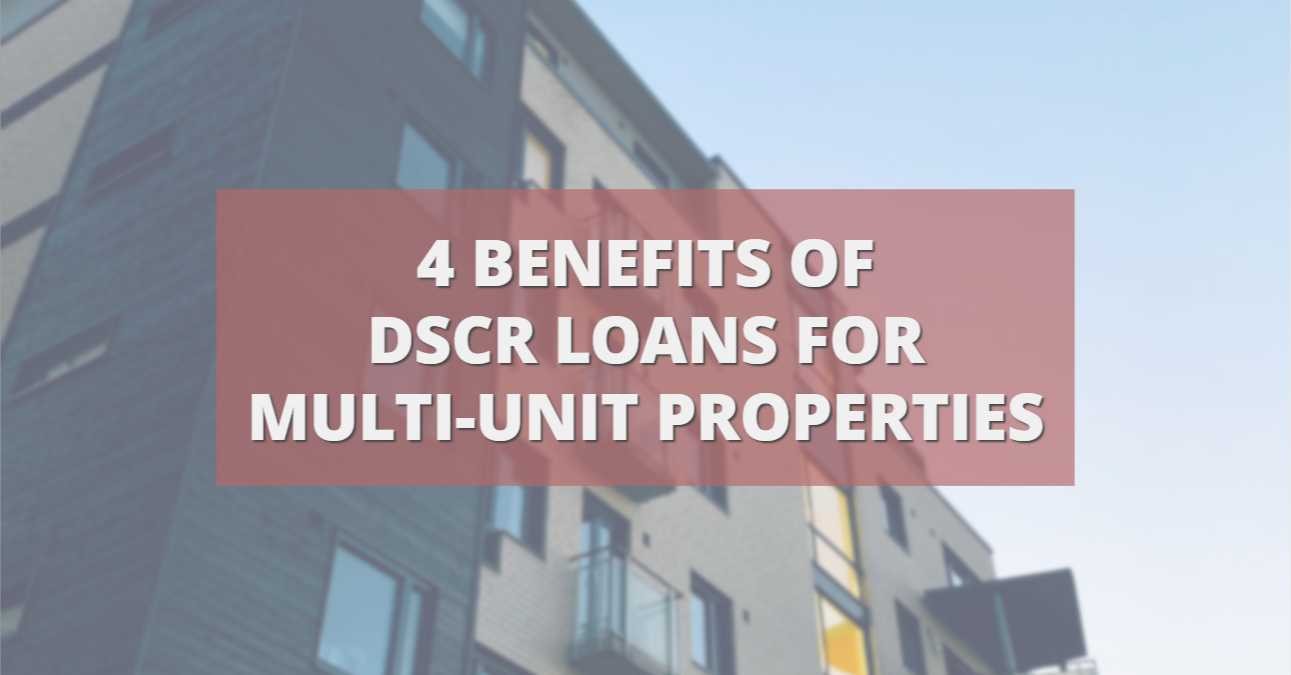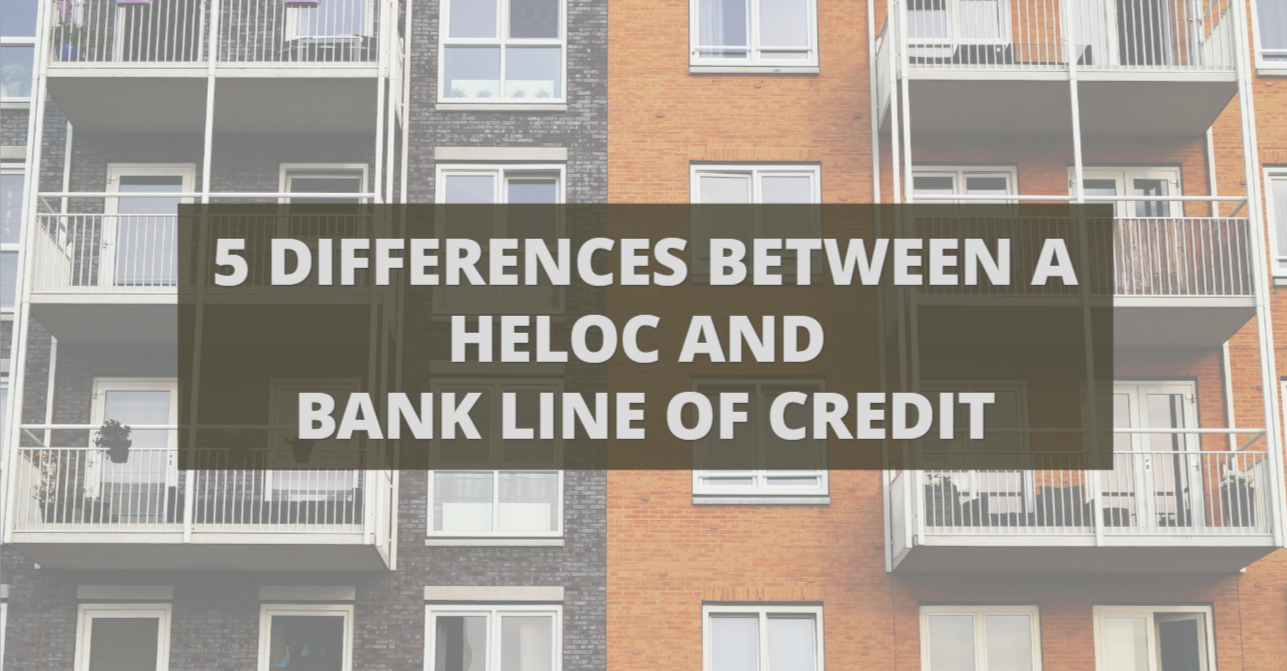Setting up this simple funding source helps you compete with cash buyers in your market.
Cash buyers always swoop up the best deals. Why? Wholesalers and realtors contact them first because they know they’ll get a fast, simple close with these people.
How can you even begin to compete with cash buyers in the real estate investing market? HELOCs are a secret weapon that not enough investors are tapping into.
A HELOC allows you to play the same game. Let’s go over the details.
How to Use a HELOC like Cash to Compete with Cash Buyers
A HELOC allows you to buy properties with cash, without having the actual cash. So how does this work to buy properties with a HELOC?
Once you’ve set up a HELOC, you could go into the bank at any time and ask them to draw the money out or wire it.
Within hours of finding a property, it’s possible to go under contract, set up a closing, fund it, and own it. Once you own the property, you can always refinance later into a more traditional loan to pay back what you took from your HELOC.
This allows you to compete with cash buyers because this is exactly how they do it. Using a HELOC in this way gives you the power to get in front of the line.
Small HELOCs
HELOCs are a valuable tool in any investor’s toolbelt. It’s one of the easiest ways to ensure no good deal will get away from you.
Even if your HELOC isn’t big enough to fund the purchase of the whole property, you could still use it as a down payment. This way, you might not need to wait for lender approval to close.
Even if it’s not purchasing the whole property, maybe it’s putting the money down. So you don’t have to wait for your lender. You don’t have to figure out if they’re going to approve you or not.
Big HELOCs
If you want more HELOC power behind your investing punch, there are a few things to keep in mind.
First, if you own multiple properties, you can put HELOCs on each of them. More lines of credit equal more cash available to you.
Second, you want to ensure you’re getting the best HELOCs. What makes HELOCs the best for real estate investors who compete with cash buyers? There’s one thing: high loan-to-values.
You’ll want to shop around to get the maximum amount you can from these lines of credit. Money is power in real estate investing, so choosing the HELOC with an extra point in fees shouldn’t distract you from your highest LTV option.
The best lenders will be able to give you 70-75% LTVs on your rental properties and 80-85% on your owner-occupied home.
Where to Find the Best HELOC to Compete with Cash Buyers
So where do you find the best HELOC? It’s something you’ll have to do a little research on.
If you don’t want to do your own research, we do it every month. We call all the banks and credit unions in our markets to find out who has the best loan to values, lowest rates, and easiest qualifications. Reach out at Info@TheCashFlowCompany.com if you want this list!
5 Things To Do Before You Get a HELOC
So if you want to compete with the cash buyers, how do you start with getting a HELOC?
First, know where to go for HELOCs. This is typically local credit unions and large national banks.
But before you call these institutions, make sure you have these 5 things ready:
- How much your property is worth.
- Align your LTVs. So if it’s a rental property, make sure your current mortgage and your current value is 70-75% or less, or HELOCs are probably not going to be available to you.
- What your credit score is. Know what it is and know what it needs to be. Most places will require a minimum 680, but 700 is better. The higher your credit score, the higher your loan-to-value.
- What type of property it is. Especially with a rental, know its condition and whether it’s a single-family, duplex, etc.
A final tip on HELOCs: each bank or company will give you a HELOC on between one and three of your properties. So if you want a HELOC on five, ten, or twenty properties, you’ll have to set up accounts at different banks.
As an alternative, you could also look into lines of credit, which span multiple properties.
Help on HELOCs and More
We want to make it easier for you to get the best, cheapest leverage possible for your investments.
If you have any questions or have a loan you’d like us to price out, reach out to us at Info@TheCashFlowCompany.com. If you just want more information on real estate investing, you should check out the videos on our YouTube channel.










